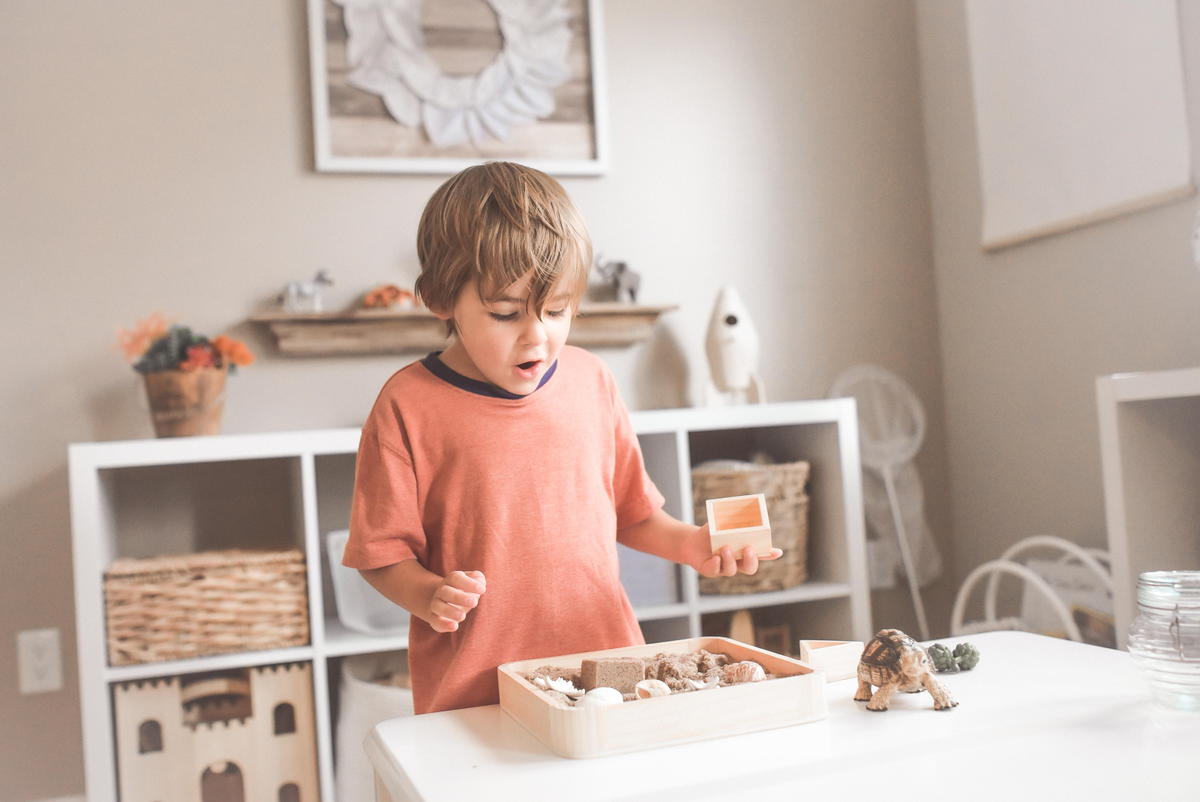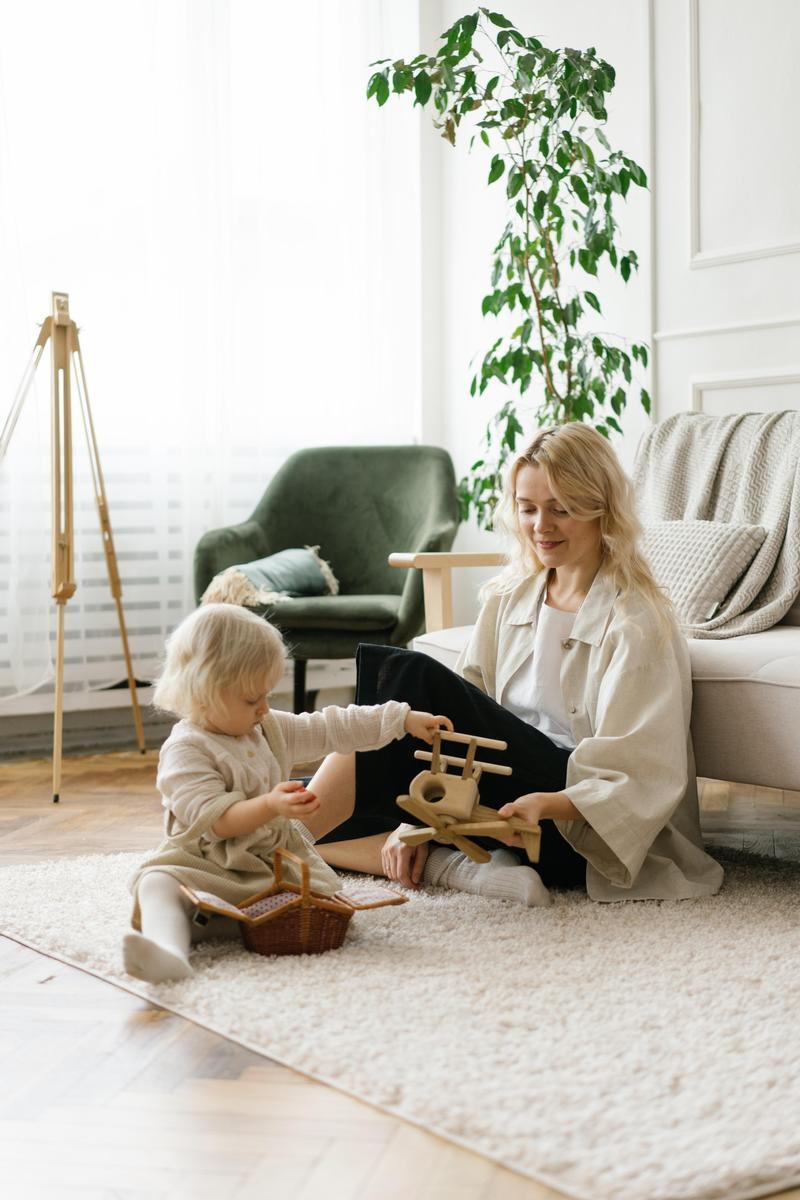
YES! You have decided to move forward with exploring ABA Therapy for you or your love ones. The next question may be, "do you provide in-home or center-base therapy". Although it depends on the learner and what is best for their treatment plan, here are some benefits to both environments. Note that the following may not apply to your situation and can be based on the clinics resource. What you read on the following may also not reflect your experiences or what your ABA clinic has to offer.

Center-Base
Novelty/Deprivation (motivation)
- Novel items or environments can be exciting for an individual, especially when they only get access to those items and activities only when they are there (i.e., Center). From what science tells us, the state of deprivation for something increases the likeliness of wanting that thing more. For example, if I only get access to a super special action figure that I could play with while I am at the clinic then I am more willing to go. When motivation is present, learning starts.
Peer Interaction
- A huge benefit for Center-base services is the opportunity for peer interaction. Being surrounded by peers and visually seeing how others respond and behave could increase their social communication and responses when in social environments. As well, developing relationships with other peers so that the clinic environment could be more reinforcing can help you or your child’s motivation when learning targeted goals.
Structure
- Structure is important for everyone’s lifestyle. When preparing your child for school, the transition between home and school environment are very much different from one another. Center-base services may replicate or model similar routines and structure that one could expect at school. Practicing the school readiness in a controlled environment (i.e., the Center) before transitioning into a school can help the individual be more successful when they begin school.
On-Site BCBA
- Every member who works with you or your child is a professional who have received their certification through intensive training and education. In our field, those are called Registered Behavior Technicians (RBT) and Board Certified Behavior Analyst (BCBA). In most clinics, BCBAs can be readily available to help assist and provide additional training on strategies implemented with you or your child to ensure quality service delivery.
Flexibility
- Compared to in-home session where you must be always present and available, center-base allows you to still be flexible with managing your daily routines. Having trust with your ABA clinic can go a long way especially when you have other appointments to attend to. This also allows your child to develop skills and learn from others - absent of parent’s attention. However, continue to be involved in the treatment process.

In-Home
Comfortability
- Being comfortable is important, especially when starting services with someone you are not familiar with. This can reduce any anxiety or stress that you or your child could experience when starting sessions. Being at your home means that you are at the comfort of your home and are familiar with toys and rules associate with the home environment. When receiving in-home services, you or your child may learn and maintain being happy, relaxed, and engaged with known items/activities.
Natural Environment
- Being familiar with your home structure and environment also means that it is the most natural environment available. Behavior and responses can occur in real time and in real situations. This information allows professionals to assess effectively and provide the most accurate recommendations for treatment as it relates to the situation.
Reinforcers/Preferences
- All reinforcers and preferred items are readily available at the comfort of the home. If the individual has known reinforcers and preferred items available, motivation may be present which results in opportunity to teach and learn. As well, since they are readily available, professionals can identify what also may be maintaining inappropriate behaviors at home and assist in providing appropriate alternative behaviors that result in the same outcome. It’s a win-win for everyone.
Parent Involvement/Modeling
- Parent involvements are expected whether receiving in-home or center-based services. However, more learning opportunities are available when at home. Professionals can model how to implement programs and protocols while the parents observe (while not disrupting the child’s learning environment) in comparison to center-base as parent involvement are more structured and scheduled in advanced. Parents can also receive immediate feedback or ask questions that arise when BCBAs are present.
Establish Routines
- Transitions can be difficult for anyone. When one schedule changes, another could change too which disrupts the routine for an individual and what the expect. Establishing routines can also be difficult too when developing, such as potty training, routines related to bed, dinner schedules, etc. In-home services allows for opportunities to practice those skills while at home and build towards fluency which increases the process to learn and demonstrate that skill independently.
It is important to make a decision based on what environment may benefit the person receiving services. Typically, a BCBA will recommend which environment is best based on their assessment that they conduct with the person receiving services. They take into consideration the many variables that may hurt or benefit the person receiving services. If you have any questions or concerns, please contact your ABA provider or a professional to get more information on the two environments.
